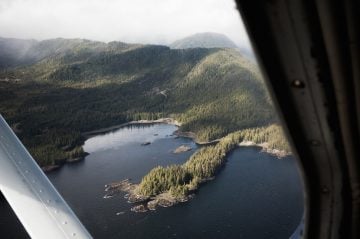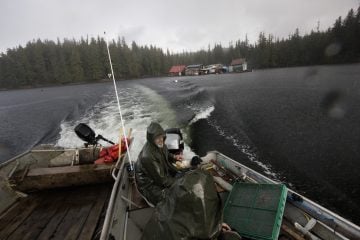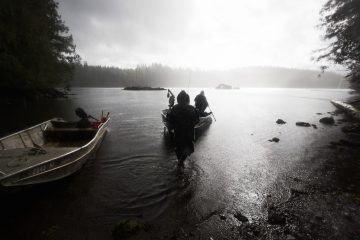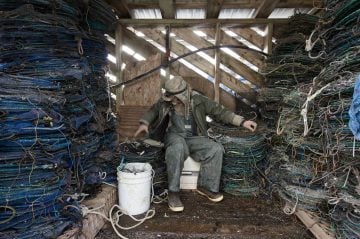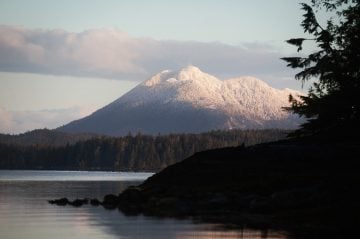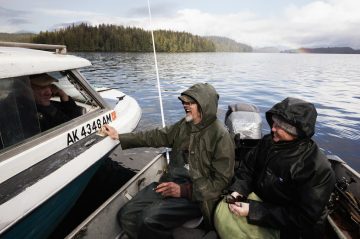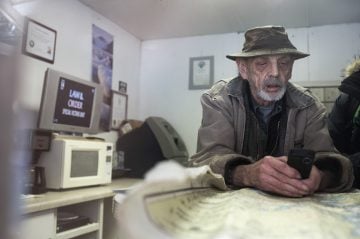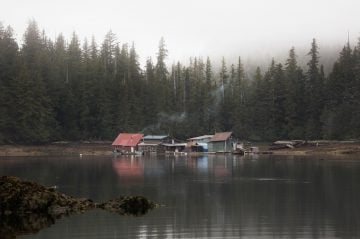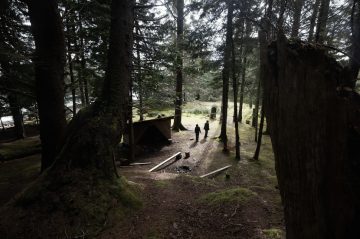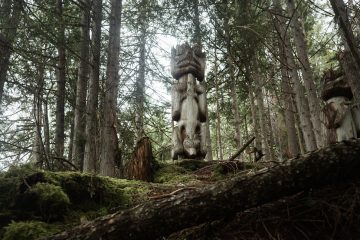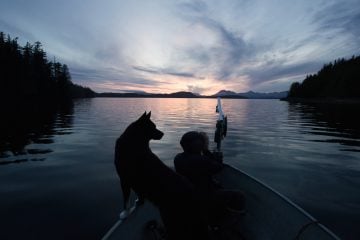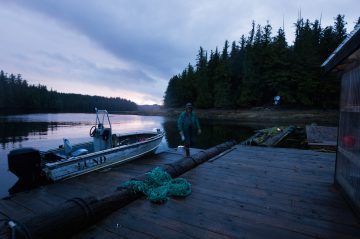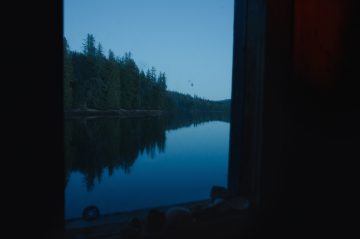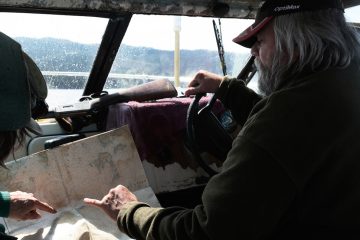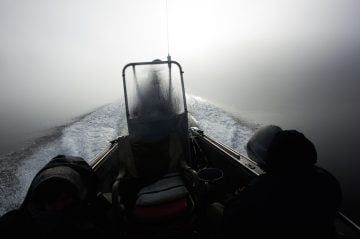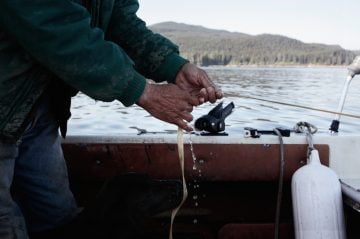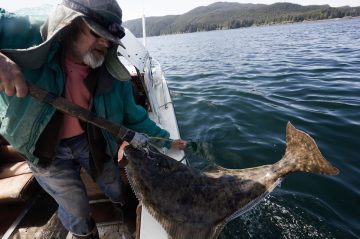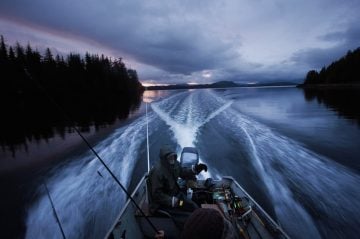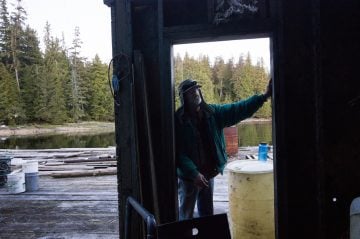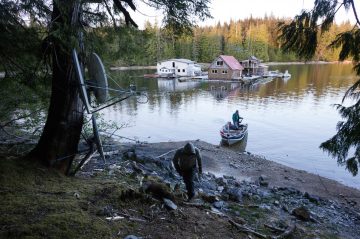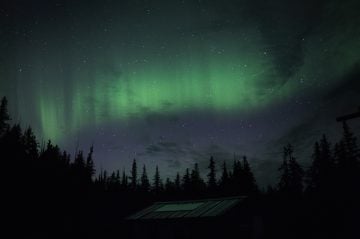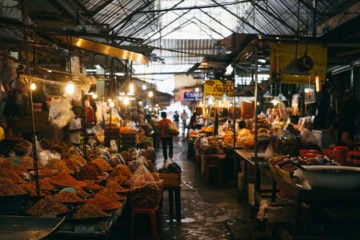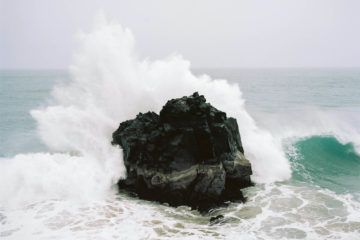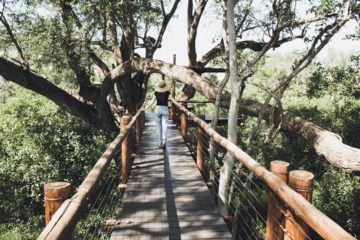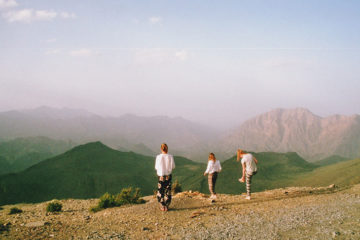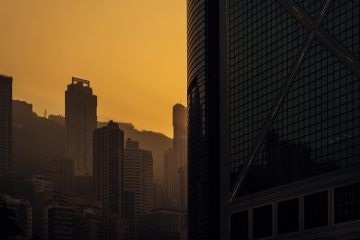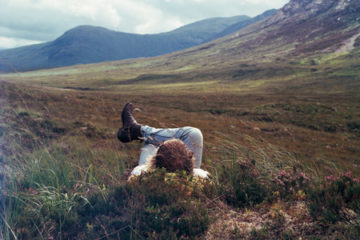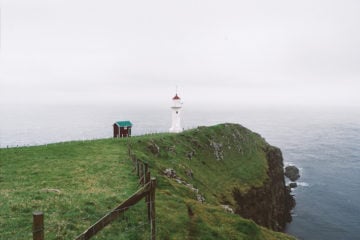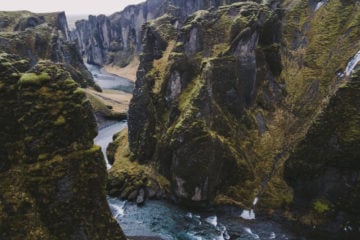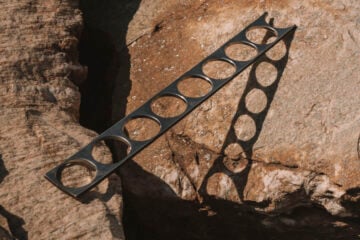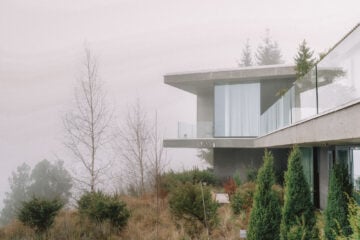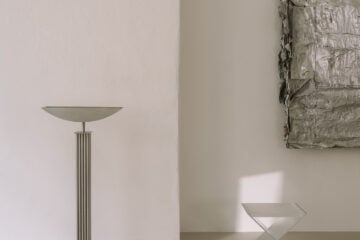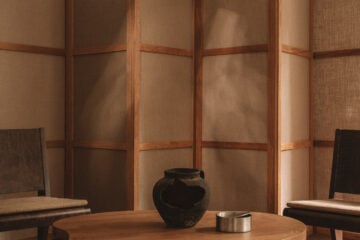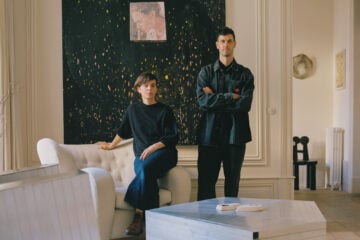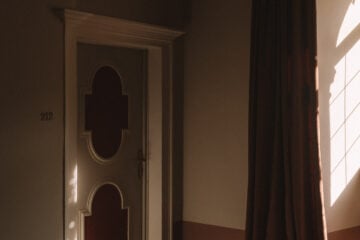In Search Of A Simpler Life In The Alaskan Wilderness
- Location
- Ketchikan · United States
- Words
- Jessica Jungbauer
In his work, Paris-based photographer Brice Portolano focuses on the relationship between nature and human beings. Calling himself an explorer, he recently traveled to Alaska, USA for his latest series titled ‘The Last Frontier’ where he documented the daily life of a real estate agent-turned-oyster farmer. In a statement about his journey, he says: “While a consumerism race drives the lives of millions of Americans, some of them choose to stay away from a life that seems absurd and meaningless. Disturbed by the consumerist values and the hyperstimulating modern world, they choose to live their life differently, away from the city and closer to nature.
+ Read MoreToday, about 750 000 people in the USA have made the choice to live off-the-grid, apart from society.
Jerry is one of them. A former real-estate agent from Michigan, he lives with his wife in Alaska, the least densely populated state in the U.S (0.4 hab/km2). Following a burnout and feeling a great need to reconnect with nature, he left the Great Lakes region to settle in the remote Island of Prince of Wales, and live in a float-house with no running water or electricity. Pristine and fertile, the wilderness is everywhere and Jerry often hears the wolves howling at night. During the day, he can easily see whales breaching out of the water and bears coming out of the woods.
At 58, he makes a living from the oysters he farms and works hard despite what the weather is like. Along with the tides, Jerry’s work consists of lifting nets filled with oysters, sorting them with care and putting them back into the water so they can grow from the nutrients of the ocean. Mobile phones are useless here as there is no signal and news from the outside world is received through a slow satellite connection. The lifestyle is very basic and after three years of complete isolation, Jerry finally received authorization from the government to install a satellite dish to get television.
Ketchikan, the nearest town, which has a population of 8050 people, is an hour-and-a-half away by floatplane. Jerry gets there a few times a year to buy food and enjoy modern comfort, take a real shower and go to a buffet, but he doesn’t stay long: too much noise, too many people. Jerry’s philosophy brought him to make choices that, today, he doesn’t regret for anything in the world: ‘I left a life of absurdity to be free, work for myself and live in the wilderness. People think I’m lucky but anyone could come live here: you just have to be ready to do the work it takes to stay’.”
All images © Brice Portolano
